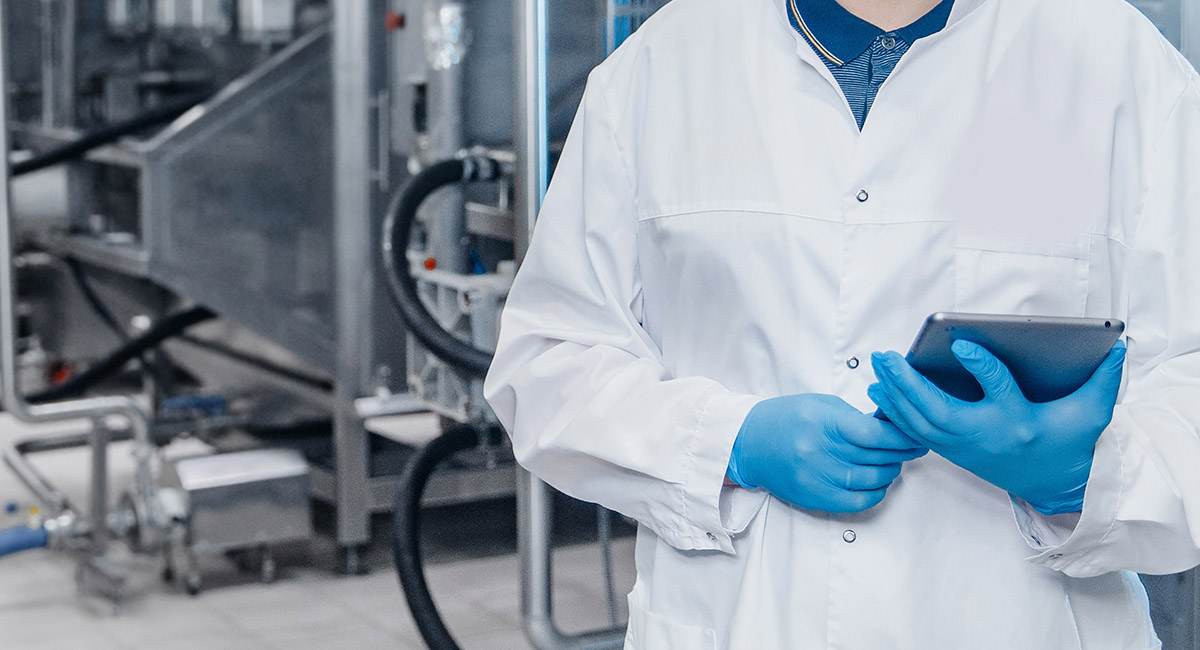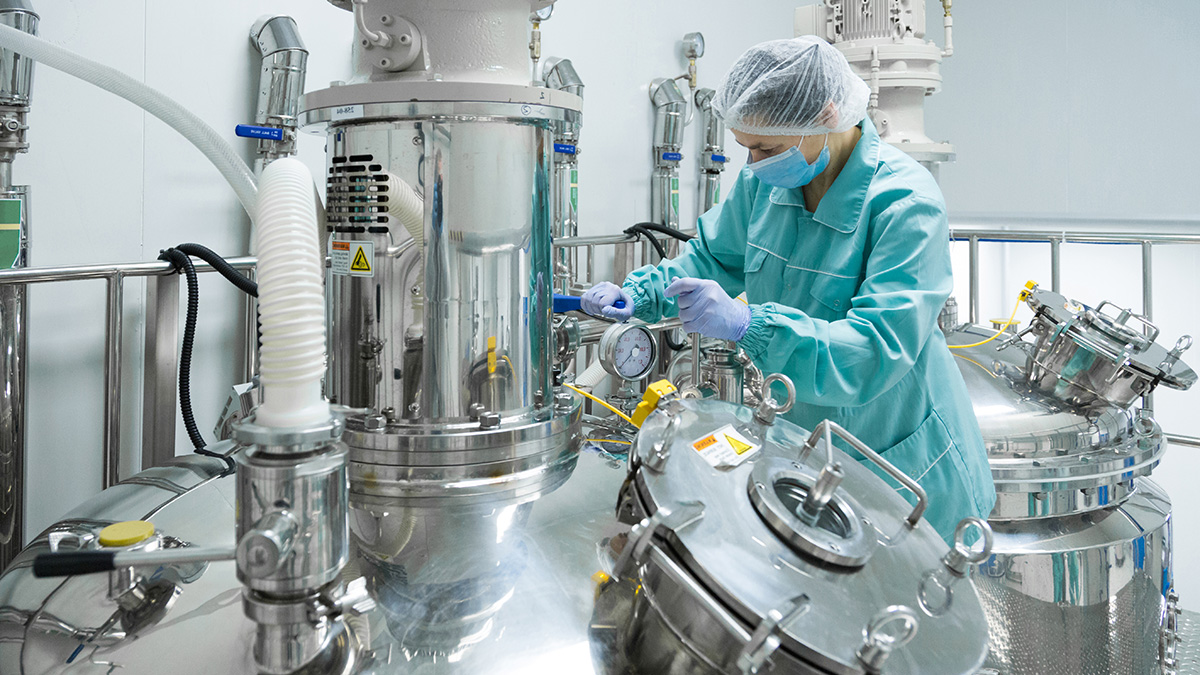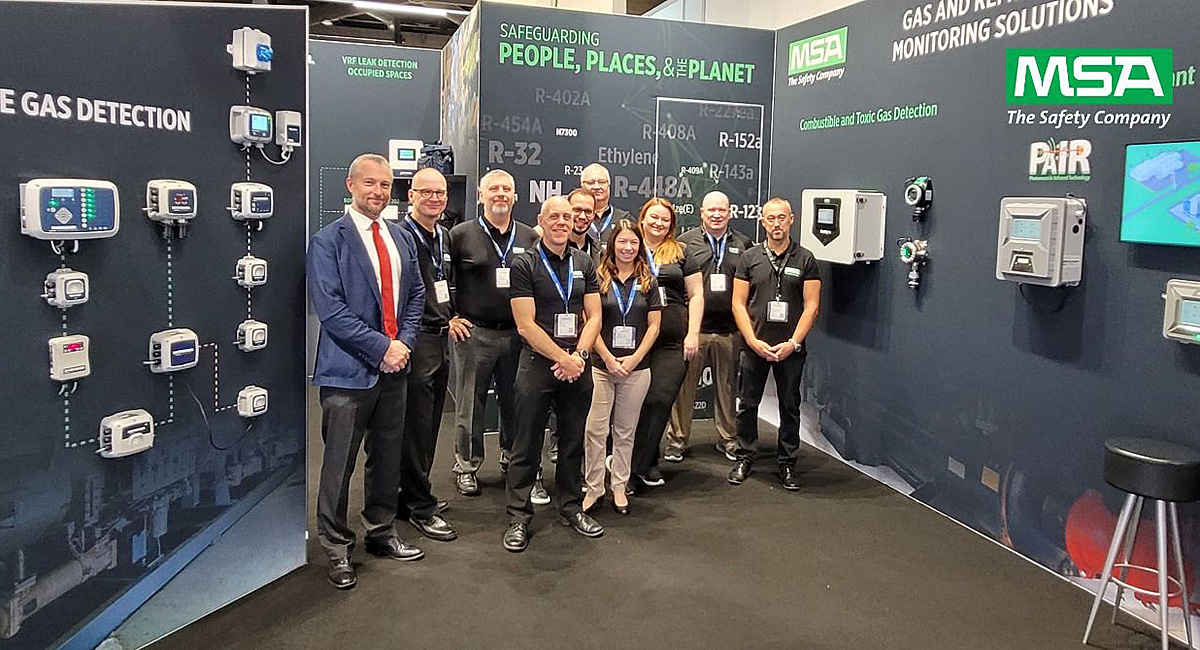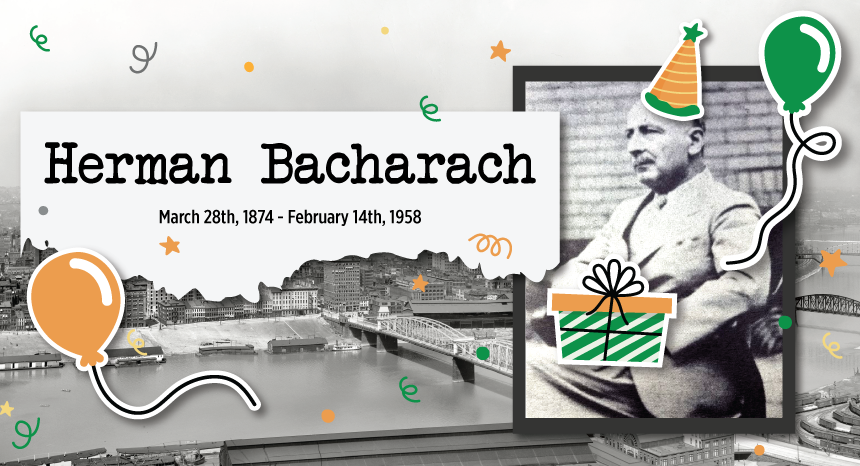
THE BACHARACH INDUSTRIAL INSTRUMENT COMPANY
Combustion analysis is common practice in our modern world; but this wasn’t the case 100 years ago. Herman Bacharach, a German born engineer and innovator, was a pioneer for industrial instruments.
Born in Berlin, Germany, Herman Bacharach (March 28, 1874 – February 14, 1958) started his career working as an assistant at Allgemeine Elektricitäts Gesellschaft, or the General Electric Company. Working under an American engineer sparked Bacharach’s interest in safety technology and engineering. Bacharach had heard America referred to as “the land of unlimited possibilities” and he decided to set sail for the US in 1902.
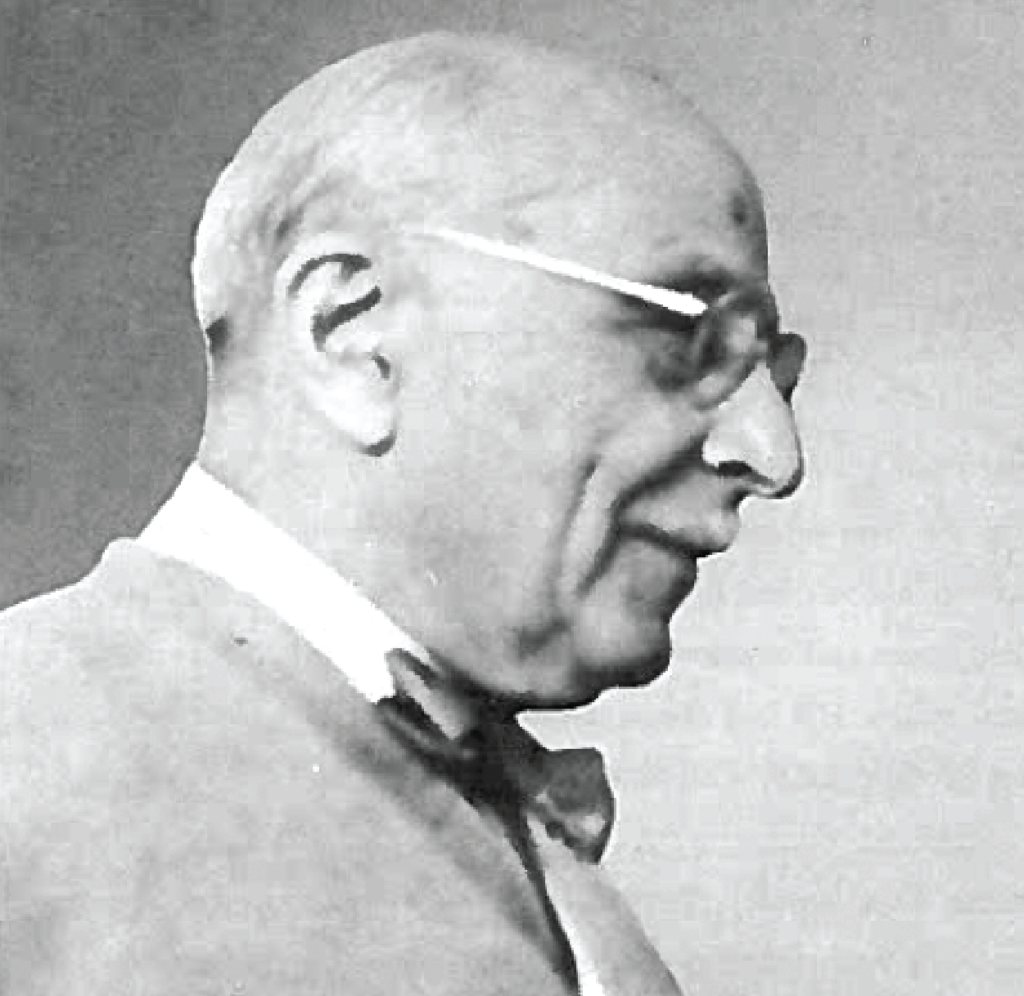
LIFE IN AMERICA
Bacharach arrived in New York on August 5th, full of determination and strong work ethics. His first job in the US was in Albany, NY, working as a controller designer for the General Electric Company; proving that the time he spent working as an assistant paid off. By the next year Bacharach was ready to move west.
In January of 1903, Herman Bacharach settled in his final “hometown” – Pittsburgh, Pennsylvania. The Pittsburgh Pirates would play in the first modern World Series this year, Andrew Carnegie was a major philanthropist, and miners were riding the Inclines to and from work. It was the turn of the century, and Bacharach was ready to make his mark on the Steel City.
Life in the early 1900s wasn’t easy – Bacharach had experienced his fair share of strikes and layoffs. The 1907 depression was a turning point for him, and despite his trepidation he decided to start his own company.
As a member of the Verin Deutscher Ingenieure (Association of German Engineers), Berlin, and a subscriber to its publications, Bacharach was up to date on new developments in Germany. Technology in the United States was far behind, and he saw this opportunity in the market. Mr. Hood, Chief Engineer of the Bureau of Mines informed Bacharach: “When we need up-to-date, reliable instruments we have to get them from Germany”
THE BACHARACH INDUSTRIAL INSTRUMENT COMPANY
On a trip to Germany in 1908, Bacharach contacted the Hydro Company – a corporation that built pressure recorders and gas meters. After months of communication, the Hydro Company granted Bacharach a permit for their US sales. Bacharach officially founded his own company, the Bacharach Industrial Instrument Company, in 1909.
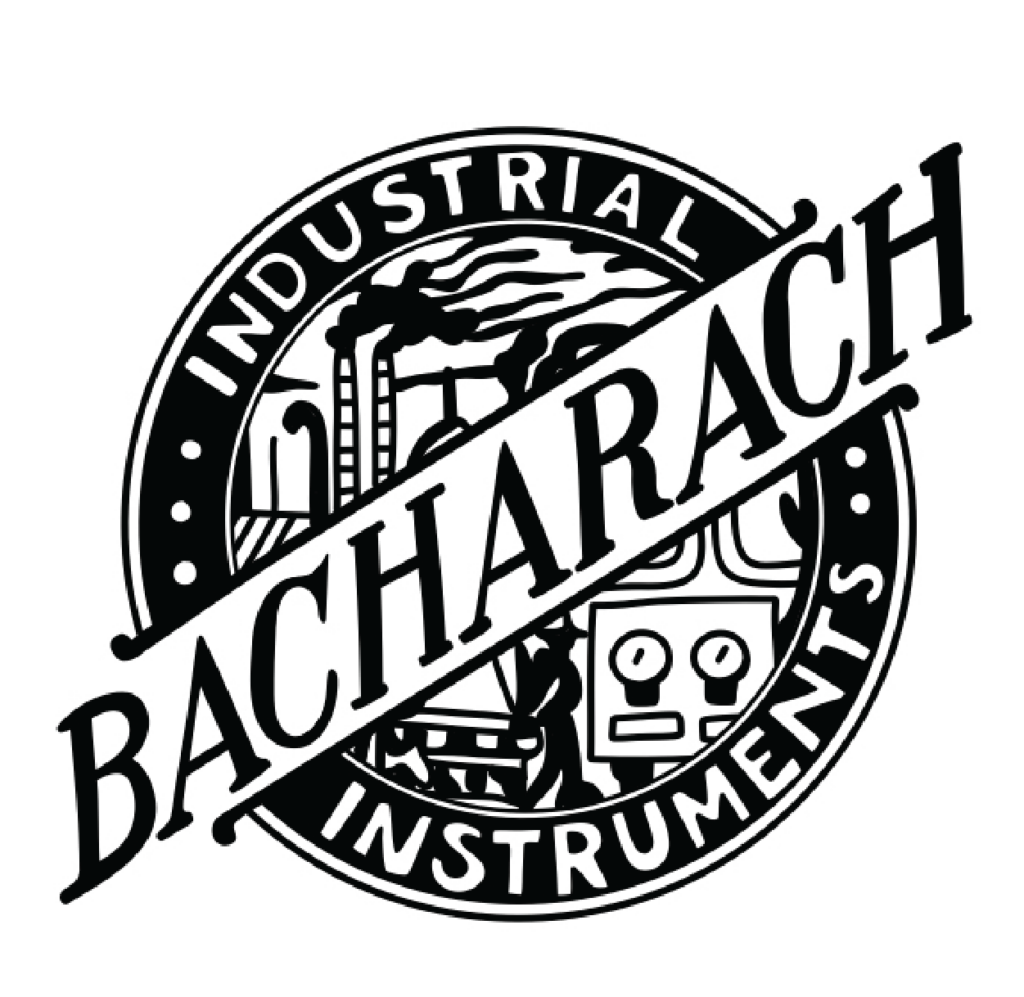
Around this time, the first by-product coke ovens were built for the Illinois Steel Co. (US Steel today), and after pitching his newly obtained Hydro gas analyzers; they placed a substantial order of 45 units. This was a big win for Herman Bacharach, and just the beginning of his success.
INNOVATION
Steel companies were looking to improve their safety measures, and Bacharach had what they needed. Companies were looking for high pressure steam engines, gas engines for air blowers, compressors, and, most importantly, high pressure indicators and recorders. The US was still behind on this technology and Bacharach was able to provide factories and mills in Pittsburgh (and beyond) with the instruments crucial for the safety of their day-to-day operations.
This need for safety and technology resulted in Bacharach and his company becoming industry pioneers. The Bacharach Industrial Instrument Company changed the way technicians approached gas detection. The introduction of pitot tubes in main gas lines, measuring air at the intake in mines, and magnifying gauges are just a few examples of how he changed gas analysis.
In 1922, Bacharach obtained the US sales for Siemens Halske’s CO2 meters, another big step for his company. This union sparked the invention of a small, pocket-sized CO2 indicator – the forerunner for Bacharach’s Fyrite, which included technology we still use today in our Fyrite Classic Gas Analyzer and other handheld combustion analyzers.
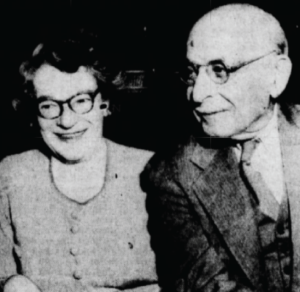
IMPACT
Herman Bacharach retired in 1935, after almost 2 decades of pioneering and innovation. Even in retirement Bacharach remained involved in the industry and was a member of the Western Pennsylvania Engineering Society. He lived the rest of his days with his wife, Fredricka, in their Squirrel Hill home.
The impact of Bacharach’s life and career can still be felt today, and we continue his legacy through new technology, new solutions, and a constant drive to safeguard people, places, and the planet. MSA Bacharach remains a standard in the HVAC industry, and we celebrate the hard work, dedication, and perseverance of Herman Bacharach.


